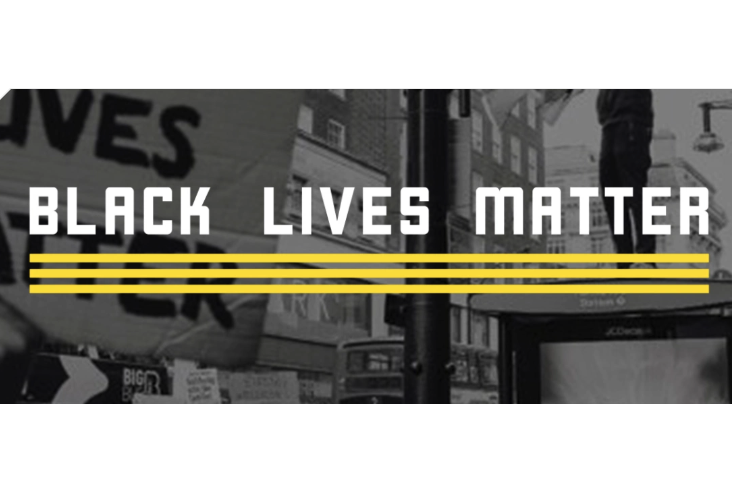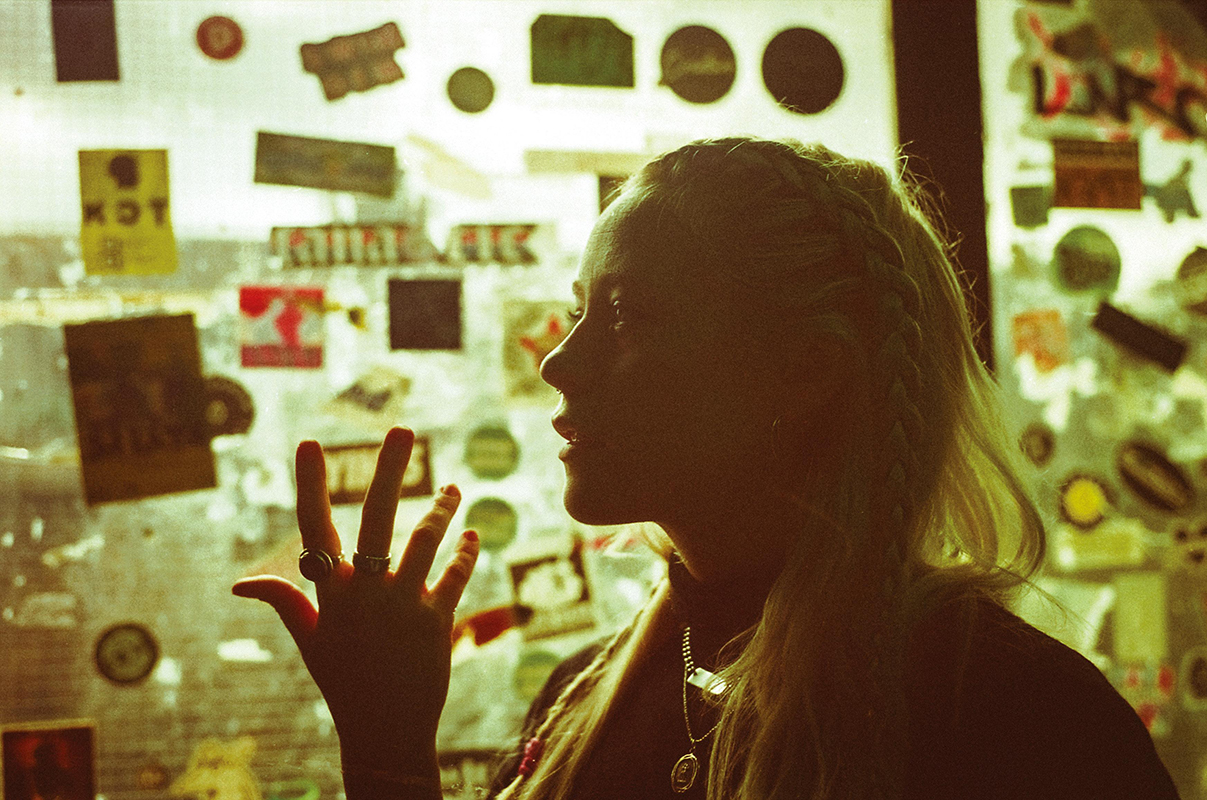Our MA Performing Arts is a great way to get ahead in the industry, and there are many reasons you might want to study on the course. We caught up with Course Leader Paul Saunders to talk about some of your most frequently asked questions.
What are the contact hours for the MA course?
The minimum contact hours per week are 6 to 8 hours. We’ve had some commuting from regional cities such as London, Brighton and Newcastle on a weekly basis who might prefer to just come for the contact hours and keep their projects more independent.
Alternatively, some fill out their timetable by taking additional extracurricular classes like gymnastics, body conditioning, ensemble singing, and different styles of dance offered at various levels. These extra classes aren’t credited, but they do provide an opportunity to build on your skills and mix with other students.
There are also opportunities each trimester to get involved in placements with the level 6 (final year degree students) projects and productions. MA students can assist creatives in running the show, run social media campaigns, and even write content that gets incorporated into the actual productions as one of this years MA students did on my show, Spark. This hands-on involvement can then feed into your MA projects as case studies for your research.
What facilities are available for MA students?
The facilities act as a ‘technical playground’ for MA students. This includes a film studio with a green screen set, full lighting rig, sound setup, and camera setup. There is a Mac suite equipped with all post-production software imaginable for video editing and effects.
A black box studio environment also allows for different performance setups, but the core facility is the purpose-built theatre space with a full theatre rig, lighting desk, and PA system. Once trained, MA students have open access to use this theatre space not just for assessments but also for rehearsals and projects.During the summer trimester when BA students are on break, MA students get full access to all studios and equipment across our Rayleigh and Corringham locations.
What is the balance between practical and theoretical work?
It is definitely a practical course, but the practical work is underpinned by theory. There is no set syllabus, but students constantly pause to analyse the type of research they are doing to support their brilliant practical work. A fair balance is struck – it is not consumed by theory lectures.
Much of the theoretical learning happens through applied, on-your-feet activities in the studio spaces rather than classrooms. The hands-on approach allows you to develop theory by putting it into practice.
Will I be able to experience the campus life?
We allow you to decide how much you want to partake in campus life. I’ve found that some students want to fully immerse in the campus life, going between the two university campuses and participating in extra-curricular and social activities, while others prefer to limit participation to their contact hours. For those wanting to immerse themselves, there are always social opportunities going on, either organised by our Student Life department or by members of the local community.
As above, you will also have the opportunity to take extra-curricular classes alongside other students from other courses, and get involved in campus productions. For example, one MA student significantly contributed towards the lighting design for the BA Musical Theatre and Dance production of Rock of Ages, fully immersing in that project. Another co-wrote comedy scenes incorporated into a different production.
You can also take advantage of local accommodation if they want to move closer. The rail connections to London are convenient for those preferring to commute to us while still experiencing more of the excitement and outside opportunities that London offers, with the West End almost on our doorstep.
What industry networking opportunities are available?
A core aspect of the MA is the ability to make industry connections, as the course lecturers are active industry professionals like directors, producers, and casting directors from theatre, film, and television. This provides real value as these lecturers are practicing and working on the subjects that they teach.
The course also brings in unique industry experts like CEOs, business leaders, marketing/PR professionals to analyse the students’ work and business plans, providing external perspectives.
The final professional project is exhibited to invited industry attendees like agents, casting directors, directors and choreographers. Casting directors who attended have already lined up introductions to agents for some of the graduating MA students based on their work in the showcase.
What is the final output or project for the MA course?
The final output is a professional project that culminates your research and experience from the previous four modules. It takes the form of a live performance or recorded opportunity where each student’s individual project is embedded within a cohesive, collaborative show.
For the current cohort, it is being conceptualised as an immersive experience blending live performances with screened short films/episodes made by the students. The storytelling will take the audience on a unique journey showcasing all the different projects. Developing the overall narrative and how to interweave each project is itself a secondary collaborative project for the entire MA cohort to work on together as prospective industry professionals. This final showcase will be attended by invited industry guests, which provides further networking as you enter the industry.
To discover more about the master’s course at Performers College, including how to apply, visit the course page here, contact us at [email protected] or you can Apply Now, or book an Open Day on our Events page.



